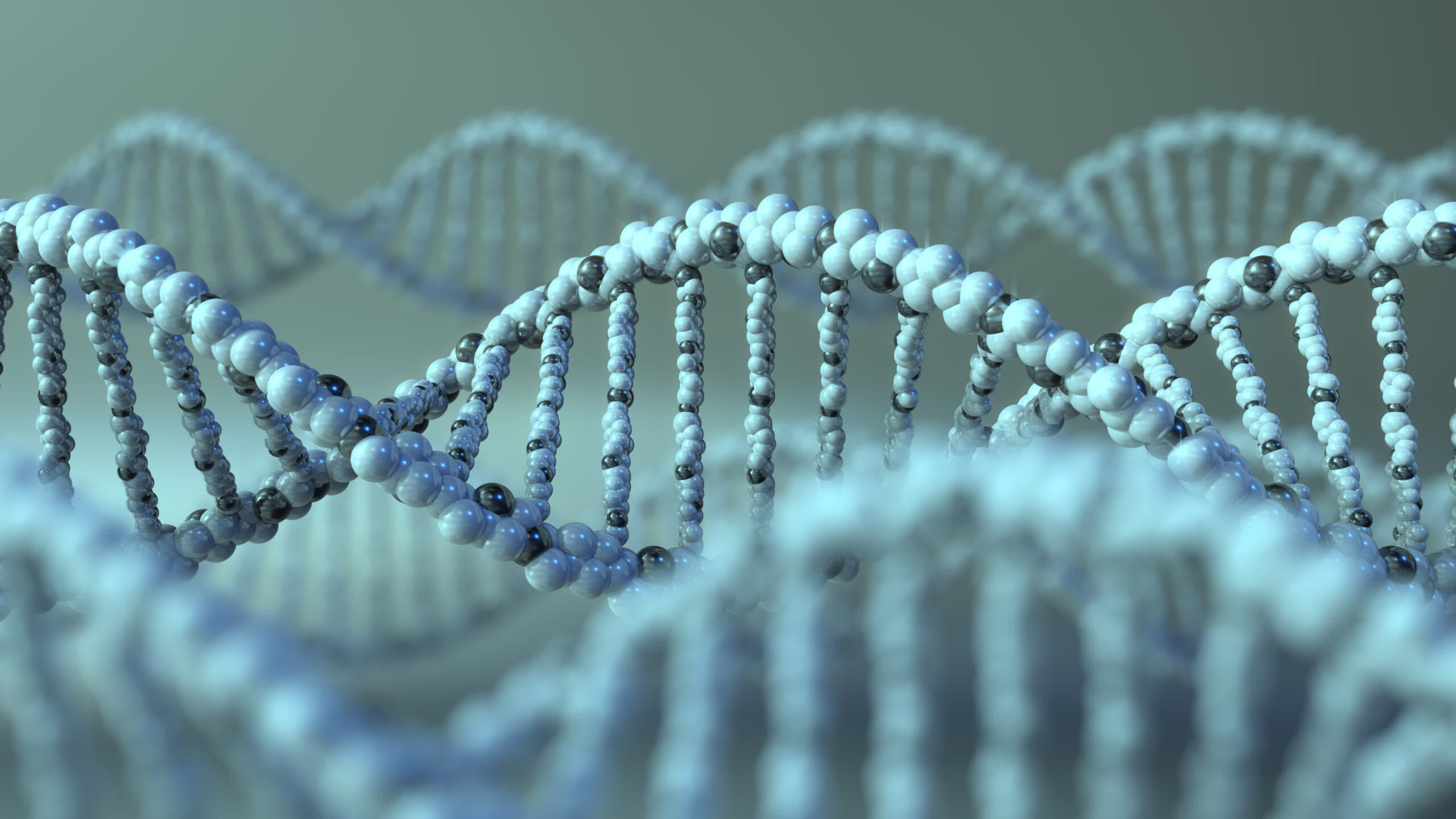

When the genetic mourning subsides, the main concern is to have a healthy baby

24 January, 2024
The greatest fear of women and couples who embark on the quest for motherhood is that their future offspring will be born with a serious illness. This is a common fear among couples who are able to conceive spontaneously, as well as couples who require the help of reproductive medicine. The latter, however, are even more apprehensive during gamete donation treatment. Although exchanging gametes is generally for the better, to them it is still the genetic material of a "stranger”.
When the genetic mourning subsides and the patients have accepted the gamete exchange, the donor represents the solution to their reproductive problem. The focus then shifts to the donor's health and the offspring's genetic inheritance. For this reason, it is essential that patients be informed about the safety of the donation process in Spanish clinics.
Basic vs. extended genetic screening
Gamete donation is an exceptional situation as regards the use of preconception genetic screening tests. The Gamete Donation Working Group of the Spanish Fertility Society (SEF), and subsequently the National Commission on Human Reproduction, published guidelines containing recommendations on screening tests for gamete donation programmes and gamete banks.
Both institutions recommend that all gamete banks perform as a minimum a basic genetic screening of their donors, including the pathogenic variants related to Cystic Fibrosis, Spinal Muscular Atrophy, Non-Syndromic Sensorineural Deafness and the most prevalent haemoglobinopathies. In oocyte donors, molecular study of the FMR1 gene related to Fragile X Syndrome is also recommended.
In addition to these recommendations, the majority of Spanish centres with gamete banks perform an extended genetic screening test on all donors. Thus, if the partner providing the gamete undergoes the genetic screening test, it will be possible to perform a genetic matching. This allows for the selection of a donor who does not share mutations with the partner providing the gamete, regardless of their carrier status of the basic genetic diseases.
Between 3% and 6% of newborns are affected by a congenital defect.
Although it may seem implausible, the World Health Organisation estimates that between 3% and 6% of newborns suffer from a congenital defect. The majority of congenital anomalies have an unknown origin (50-60% of cases); the remaining causes are divided between 20% attributed to genetic alterations; 20% to multifactorial causes (a combination of environmental and genetic factors); and 1.37% to environmental influences (chemical pollution, drugs, alcohol, tobacco, radiation).
There are many different types of genetic diseases. Determining how the disease is inherited can help identify the risks it will present during pregnancy and the risk of recurrence in subsequent offspring.
The individuals who are carriers of genetic diseases are usually healthy, asymptomatic individuals with no personal or family history of the disease. They are therefore unaware of the existence of the genetic reproductive risk.
The importance of prevention in reproductive genetics
As a result of continuous and rapid progress in the field of reproductive genetics, screening tests for identifying at-risk couples are now available. These tests reduce the risk of transmission of these diseases among couples with reproductive desire and also in gamete donor candidates. This is why these tests should be carried out at the pre-conception stage.
Given that anyone could be a carrier of several pathogenic variants, it is important to note that gamete donors will not be discarded from the donation programme simply because they are carriers. Only in cases of X chromosome mutations, as in the case of Fragile X syndrome, or certain variants found in homozygosity, would donors be discarded from the donation programme.
This information must be discussed with patients enrolled in a gamete donation programme. It is essential for them to understand that the genetic treatment in assisted reproduction clinics is safe so that they can make informed and conscious decisions.
Related courses

Online
Online Course on Immunology and Hematology
Start: 02/12/2026
Online courses
Course fee:
250 €

Online
Online course: Fundamentals in Reproductive Genetics
Start: 02/12/2026
Online courses
Course fee:
150 €

Online
Assisted Reproduction Fundamentals
Start: 06/11/2026
Online courses
Course fee:
150 €

